21 years since massacre of civilians in Croatia
Tuesday marks 21 years since the atrocious war crime committed against civilians in the village of Paulin Dvor near Osijek, eastern Croatia.
Tuesday, 11.12.2012.
15:53

BELGRADE Tuesday marks 21 years since the atrocious war crime committed against civilians in the village of Paulin Dvor near Osijek, eastern Croatia. On December 11 and 12, 1991, members of the Croatian military killed 19 civilians, 18 of whom Serbs and one Hungarian. The age of the victims ranged from 41 to 85, including eight women. 21 years since massacre of civilians in Croatia At the time of their deaths the victims were held in custody on a private property in Paulin Dvor. They were detained on the grounds of being non-Croats. The Croatian forces decided to murder the captives in revenge for the death of one of their members. The civilians died of shots fired from pistols and automatic weapons, and of injuries caused by hand grenades thrown at them. 17 bodies were moved from the scene promptly, while only the body of Dara Vujanovic, whose scalp had been removed, was left at the scene. The bodies were first buried in the area of the Lug military warehouse, near Cepin, and then relocated to the village of Rizvanusa, in the Lika area, some 500 kilometers from Paulin Dvor, in 1997, during the peaceful reintegration of Eastern Slavonia into Croatia's constitutional and legal. The remains were exhumed on May 13, 2002 by the Hague Tribunal (ICTY) investigators. The Croatian Supreme Court sentenced Nikola Ivankovic, member of the Croatian Army's 130th Brigade, to 15 years in prison in 2005. The Osijek District Court delivered a first-instance sentence to Enes Viteskovic, former members of the Croatian Army, of 11 years in prison in May 2012. Certain Croatian media reported in the previous years that there are elements which indicate the involvement of the then Croatian state leadership in the massacre, and the involvement of intelligence services and military police in the relocation of bodies six years later. Although 21 years have passed since the killings, the Documentation-Information Center Veritas noted that the Croatian judiciary is yet to bring to justice any of the persons under the line of command responsibility. Those who ordered and executed the relocation of the victims' remains have also not been indicted. Before the war in Croatia, the village had 168 inhabitants, 147 of whom were Serbs, and the locals were "known for their pronounced loyalty to the authorities in Zagreb". Today, Paulin Dvor is home to around 50 people. Tanjug
21 years since massacre of civilians in Croatia
At the time of their deaths the victims were held in custody on a private property in Paulin Dvor. They were detained on the grounds of being non-Croats.The Croatian forces decided to murder the captives in revenge for the death of one of their members. The civilians died of shots fired from pistols and automatic weapons, and of injuries caused by hand grenades thrown at them.
17 bodies were moved from the scene promptly, while only the body of Dara Vujanović, whose scalp had been removed, was left at the scene.
The bodies were first buried in the area of the Lug military warehouse, near Čepin, and then relocated to the village of Rizvanuša, in the Lika area, some 500 kilometers from Paulin Dvor, in 1997, during the peaceful reintegration of Eastern Slavonia into Croatia's constitutional and legal.
The remains were exhumed on May 13, 2002 by the Hague Tribunal (ICTY) investigators.
The Croatian Supreme Court sentenced Nikola Ivanković, member of the Croatian Army's 130th Brigade, to 15 years in prison in 2005.
The Osijek District Court delivered a first-instance sentence to Enes Vitesković, former members of the Croatian Army, of 11 years in prison in May 2012.
Certain Croatian media reported in the previous years that there are elements which indicate the involvement of the then Croatian state leadership in the massacre, and the involvement of intelligence services and military police in the relocation of bodies six years later.
Although 21 years have passed since the killings, the Documentation-Information Center Veritas noted that the Croatian judiciary is yet to bring to justice any of the persons under the line of command responsibility.
Those who ordered and executed the relocation of the victims' remains have also not been indicted.
Before the war in Croatia, the village had 168 inhabitants, 147 of whom were Serbs, and the locals were "known for their pronounced loyalty to the authorities in Zagreb".
Today, Paulin Dvor is home to around 50 people.


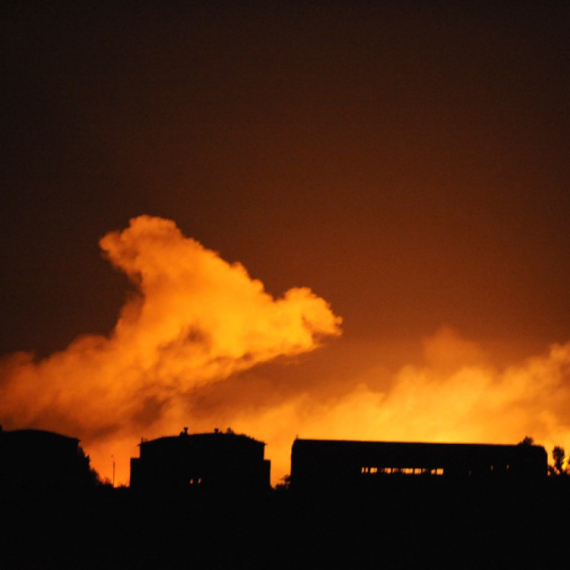

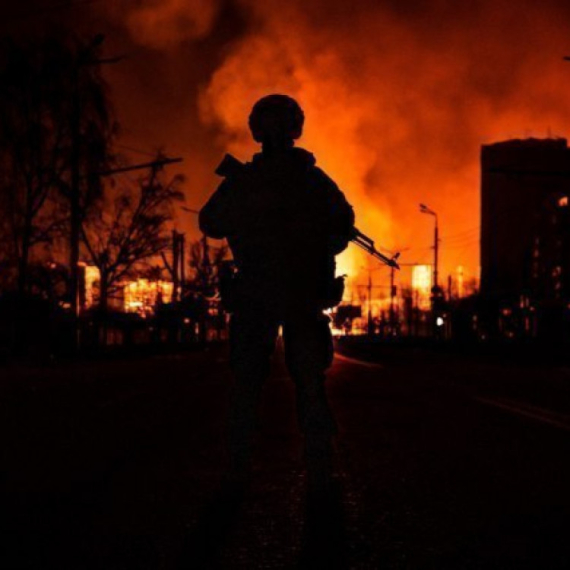

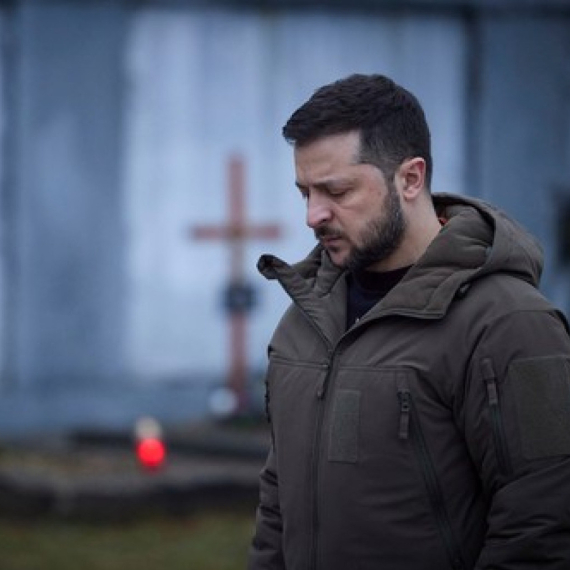




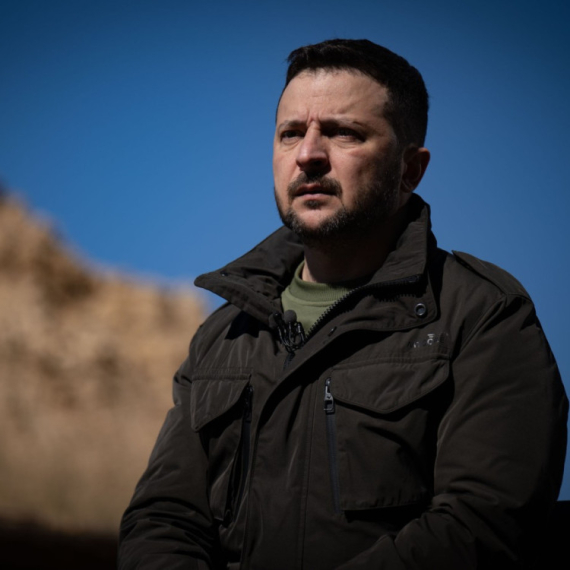


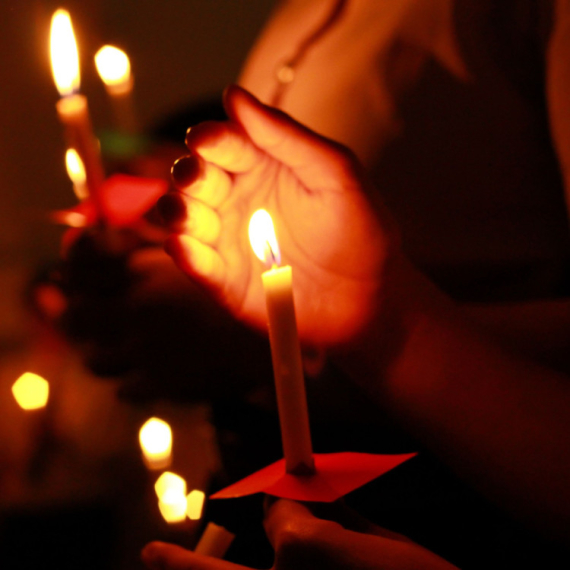
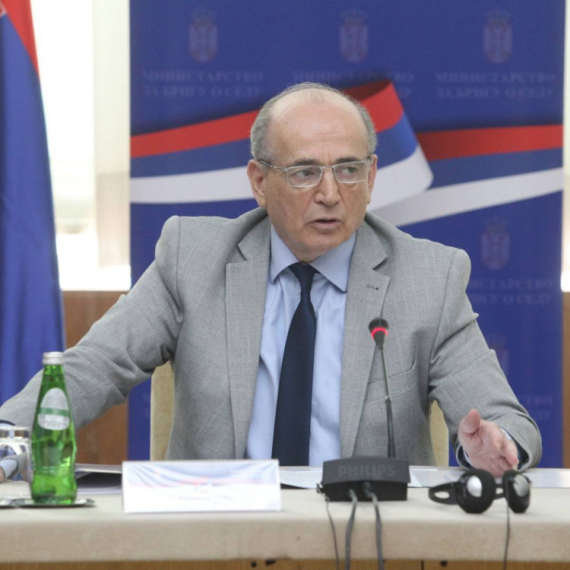
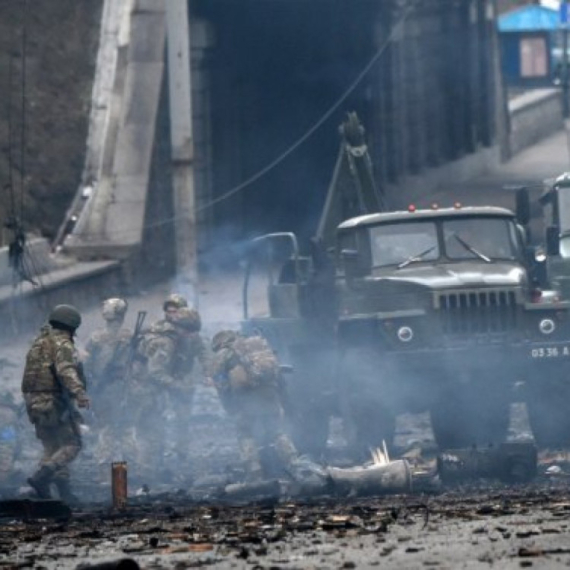
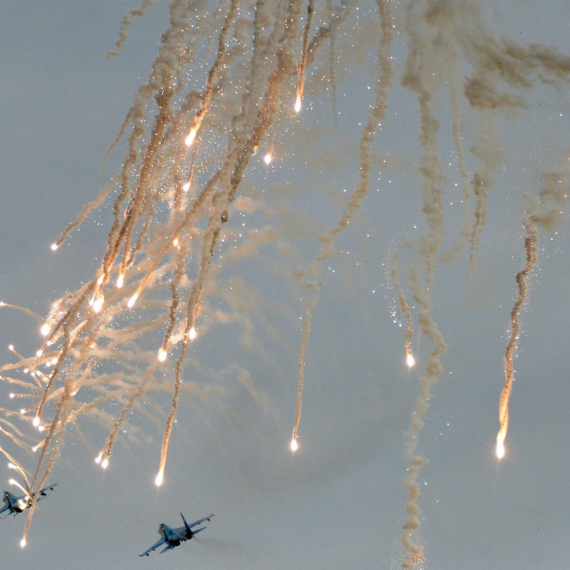
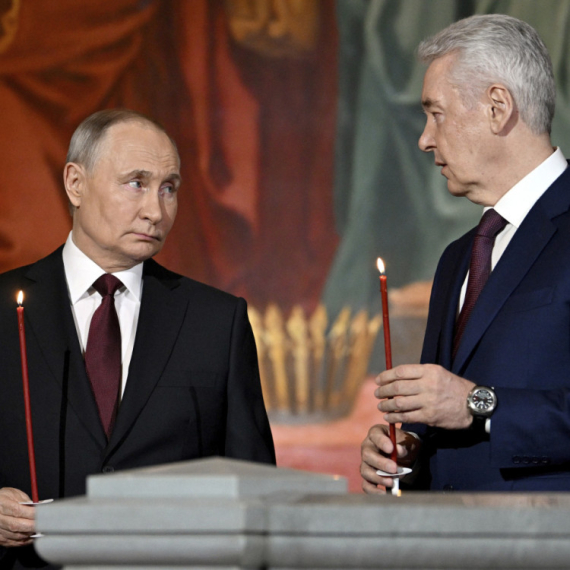




















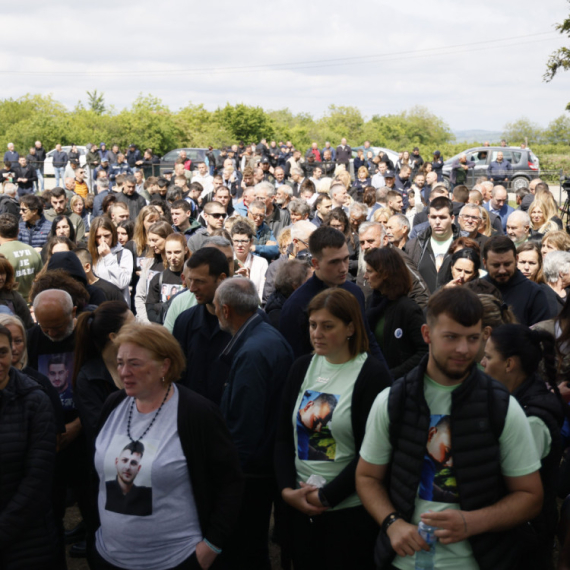
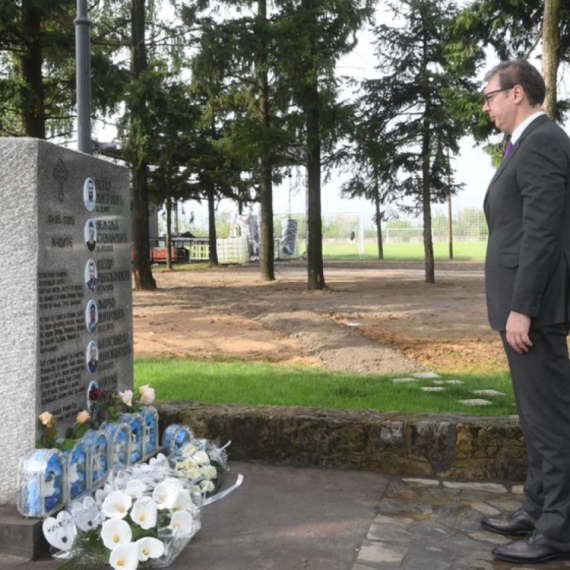

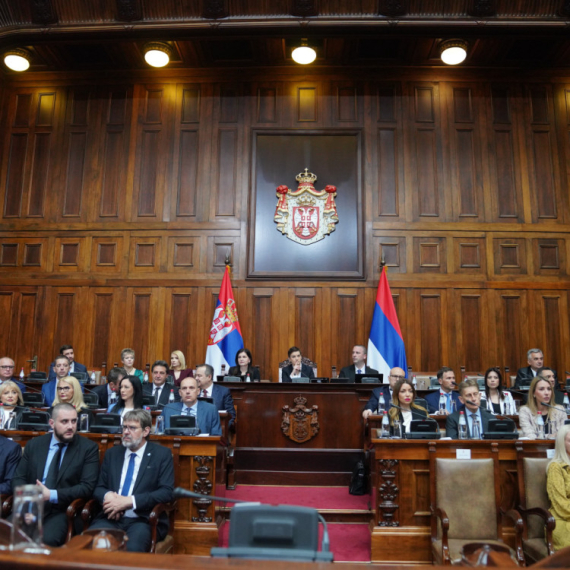











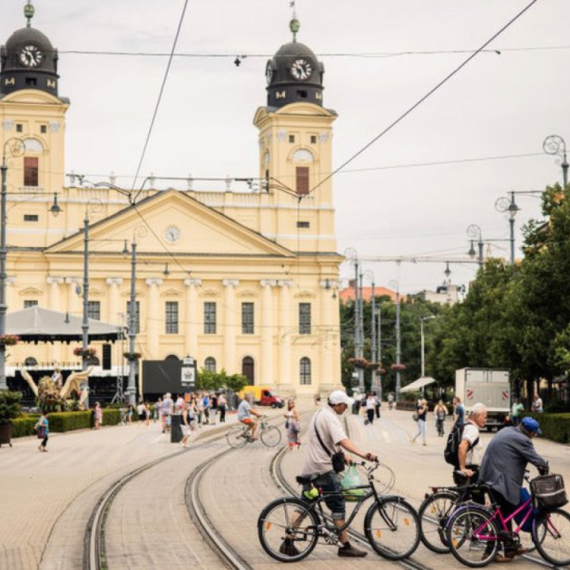
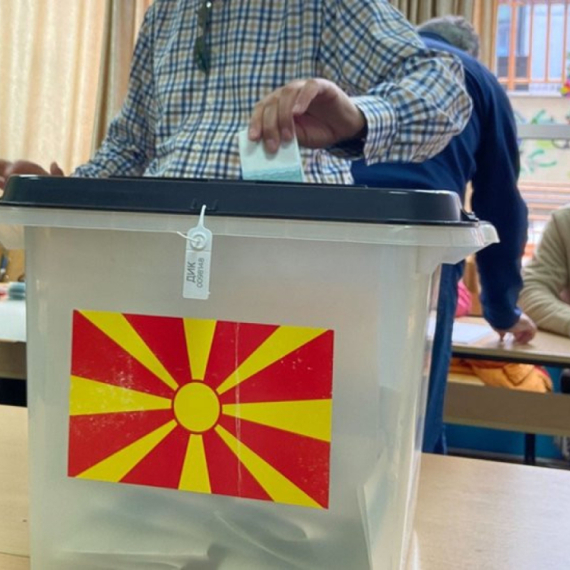



Komentari 45
Pogledaj komentare